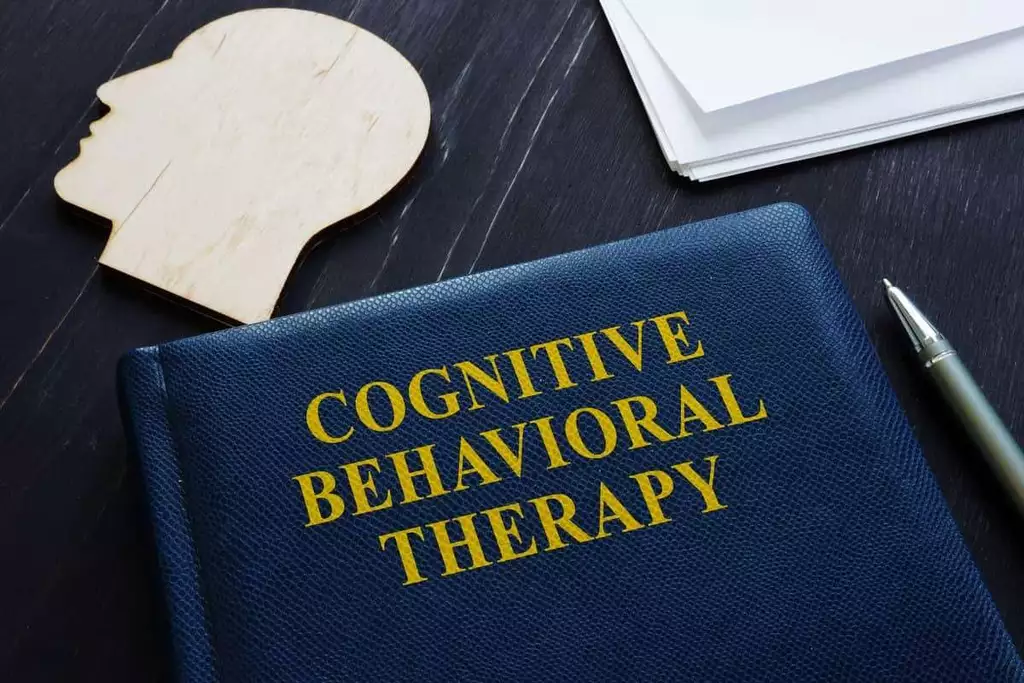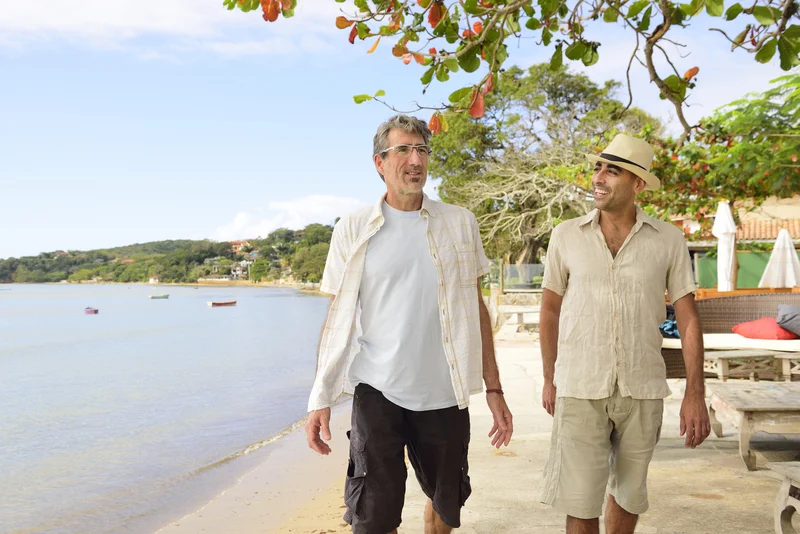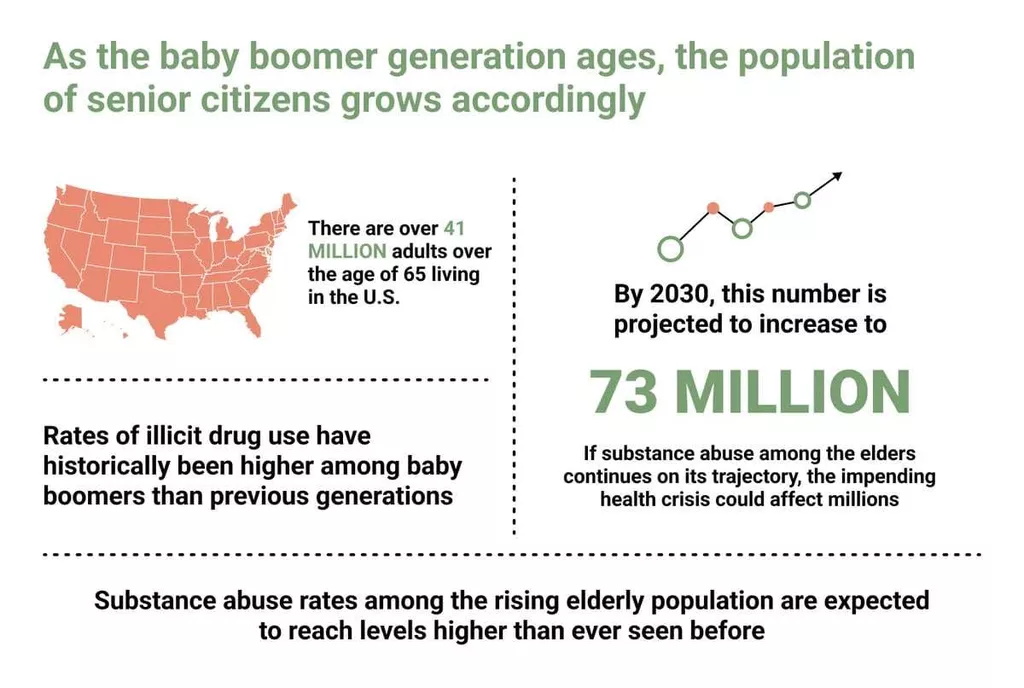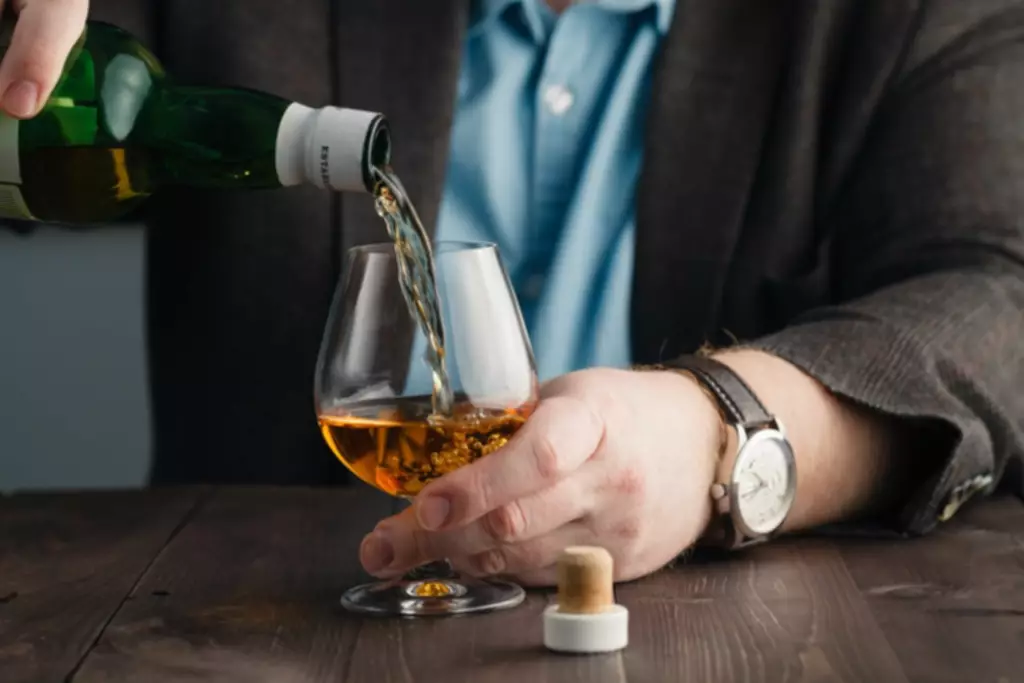
Create a list of healthy coping skills and tools you can use when cravings or thoughts of relapse occur. These coping skills can include building a healthy support system of friends and family. As time passes, it may be important to revisit your relapse prevention plan. The components you acknowledged in your plan at the beginning of your recovery have the potential to change and develop over time, as do the people in your support system.
Seeking Professional Help
It not only involves the body and our behavior, but also our emotions and our thoughts. And you’re at greater risk when you try to quit drinking on your own. A formal recovery plan gives you strategies for dealing with people or situations that could trigger relapses. This experimental design can be further modified by the use of discriminative contextual cues.
Relapse Prevention Tips
Write out both your recovery plan and your relapse prevention plan. Next to each, add the techniques you and your therapist or support team have come up with to manage it. Cognitive behavioral therapy (CBT) is an important tool for preventing relapses. It teaches you how to overcome negative thinking, which is often at the heart of a relapse. For example, you might believe that you can’t quit, that recovery takes too much effort, and that you won’t enjoy life as much without alcohol.
- Dry drunk behavior means that even though someone hasn’t relapsed, they start acting very similarly to when they were drinking.
- In short, being sober simply means not using alcohol or other substances but not necessarily recovered in other ways.
- The main article addresses each of these questions to elucidate how stress increases the risk of alcohol relapse.
What is the Difference Between Sobriety and Recovery?
Take the first step toward recovery with peace of mind, knowing exactly what your plan covers. Calls to any general helpline will be answered by treatment providers, each of which is a paid advertiser. Because a slip can turn into a relapse and a relapse can potentially undermine the work you have done in recovery, react as soon as you are able.
Adjusting Your Treatment Plan Post-Relapse

But their emotions and behaviors are setting them up for relapse down the road. Because clients are not consciously thinking about using during this stage, denial is a big part of emotional relapse. During an emotional relapse, a person is not consciously thinking about drinking. However, their emotions and behaviors are setting the stage for a relapse. While you can create a relapse prevention plan on your own, it may be helpful to walk through the process with someone who has knowledge of the topic like a substance abuse counselor. Relapse plans can be Alcohol Relapse verbalized but may also be written in order to have a more clear outline of what steps to take should a relapse seem to be a possibility.
How to Prevent Yourself From Relapsing After a Lapse

Warning signs are when thoughts of using change in character and become more insistent or increase in frequency. At Renaissance Recovery our goal is to provide evidence-based treatment to as many individuals as possible. Give us a call today to verify your insurance coverage or to learn more about paying for addiction treatment.

Getting Started
Learning how to make a relapse prevention plan and going through the process of creating a relapse prevention plan could be the difference between longer periods of sobriety and repeated relapse. When it comes to preparing for relapse prevention planning, one of the most important steps is gathering information. This is not just a helpful task but a crucial one to ensure success in preventing future relapses.
One such neurotransmitter, dopamine, reinforces the connection between drug use, pleasure, and any external triggers that remind the user of the substance. Over time, these dopamine surges teach the brain to seek the drug or alcohol any time the user encounters a trigger. Substance abuse https://ecosoberhouse.com/article/13-common-myths-about-addiction-and-recovery/ relapse occurs when a person who has attempted to stop using a substance begins to use it again. Relapse can occur very soon after attempting sobriety, or after several years of sustained sobriety. Our state-specific resource guides offer a comprehensive overview of drug and alcohol addiction treatment options available in your area. If you need help or feel like you could be on the cusp of a relapse, remember that addiction is a chronic disease.
Stress and Anxiety

Dealing with physical pain calls for the exploration of non-addictive pain management techniques and insistence on non-addictive prescriptions when necessary. By managing pain effectively without resorting to addictive substances, you can maintain your recovery and avoid relapse. Recognizing and addressing these common relapse triggers allows for proactive management, thus reducing the likelihood of reverting to substance use. How honest should a person be without jeopardizing his or her Alcohol Use Disorder work or relationships? Clients are encouraged to understand the concept of a recovery circle. This is a group of people that includes family, doctors, counselors, self-help groups, and sponsors.